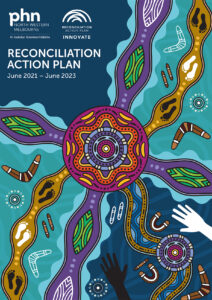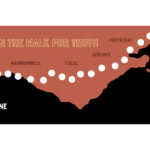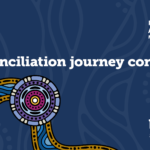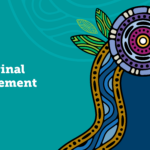We acknowledge the peoples of the Kulin nation as the Traditional Custodians of the land on which our work in the community takes place, and pay our respects to Elders past and present. The 3000 square-kilometre NWMPHN region encompasses the Traditional Lands of the Wathaurong, Wurundjeri Woi-Wurrung and Boon Wurrung peoples.
About 0.7 per cent of the region’s residents, or 12,300 people, identify as Aboriginal or Torres Strait Islander. This comprises 21 per cent of the Victorian Aboriginal or Torres Strait Islander population. (Source: NWMPHN Health Needs Assesment 2022–25.)
Nearly half of the First Nations cohort in the region is under the age of 25. It is expected, therefore, that in coming decades, this community will grow not only numerically but also proportionately in the region.

We acknowledge that Aboriginal and Torres Strait Islander people continue to experience a greater burden of ill health and disease because of the ongoing impacts of colonisation, racism, intergenerational trauma, and the continuing inequities across the social determinants of health.
North Western Melbourne Primary Health Network believes it is of vital importance to recognise, respect and listen to the diverse views expressed by Aboriginal and Torres Strait Islander people within its catchment area.
We aim to strengthen the voice of Aboriginal and Torres Strait Islander peoples, communities and organisations in our needs analysis and planning of services.
Our Innovate Reconciliation Action Plan (RAP) will help us to ensure we approach our work in a collaborative and culturally respectful way. A key aim of the Innovate RAP is to continue to build meaningful relationships with Aboriginal communities based on respect and trust.
Our Aboriginal Health Expert Advisory Group provides community voice, expertise and advice. This group helps NWMPHN align its structures, capacity and values to meet the needs of the Aboriginal and Torres Strait Islander communities in our region. The group has a focus on informing commissioning intentions and operational activities including service design with a focus on safety, quality, and integration.
Pictured above: Vinay Cooper, a participant in the Integrated Team Care program.

















